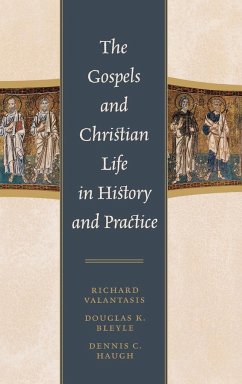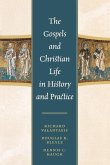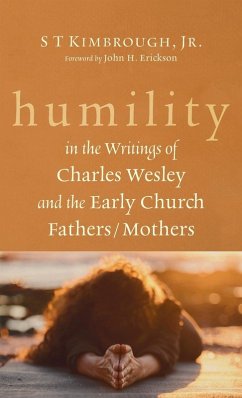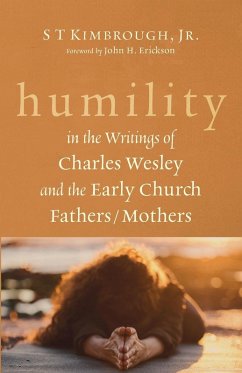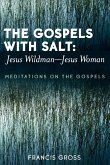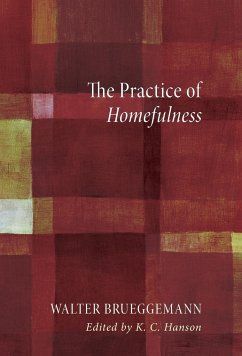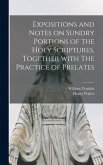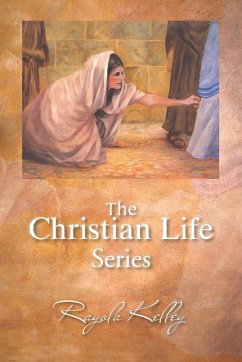The four canonical gospels arose in unique circumstances in different parts of the Roman Empire. This book studies the gospels as formative documents that reveal how these four communities refracted the life of Jesus to express their unique community life in their historical contexts. Reading Mark, Matthew, Luke and Acts, and John as distinct communities with particular systems of formation, this book explores the differences between the gospels, while providing four windows on the development of primitive Christianity.
Hinweis: Dieser Artikel kann nur an eine deutsche Lieferadresse ausgeliefert werden.
Hinweis: Dieser Artikel kann nur an eine deutsche Lieferadresse ausgeliefert werden.
This is a creative and engaging book, highly recommended for students for whom the Greco-Roman context of the gospels will come alive with exquisite detail. Full of information, but written in an accessible style with story-telling flair, the book will inspire readers to imagine the wider world that gave rise to the gospels as well as the worlds they are capable of evoking. -- Pamela Eisenbaum, Iliff School of Theology When you ask a new question, the world you thought you knew suddenly becomes a place of vast new discovery. Valantasis, Bleyle, and Haugh have broken open the gospels with a simple new question: How shall we live? They have seen that the gospels are not the embodiment of a set of beliefs, but a strategy of social formation and enculturation into the Empire of God. Their work is creative, intelligent, and above all revelatory. We should never be bored of the gospels again. -- Stephen J. Patterson, Eden Theological Seminary Recommended. CHOICE, January 2010 Writing in clear prose and incorporating examples from popular culture as a way to illustrate method and meaning, the authors of this intriguing volume strive to present the cutting edge of New Testament scholarship in accessible form. They succeed. The volume provocatively shifts the question of the gospels from the recovery of the historical Jesus to the individual gospel authors' project of community formation. It transforms the study of the gospels from a quest for the historical past into a dynamic understanding of Christian community formation that can still bear fruit today. -- James Goehring, University of Mary Washington

